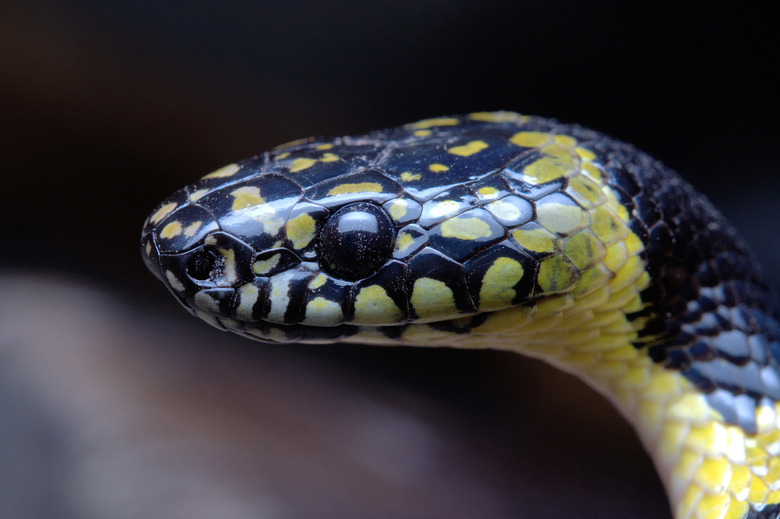Survivor Of 200 Snake Bites And A Coma Gives Blood To Create The Ultimate Antivenom
A new scientific breakthrough could reshape how the world responds to deadly snakebites. Thanks to antibodies found in the blood of a man who has spent nearly two decades building immunity to snake venom, the ultimate snake antivenom could be well within reach.
Tim Friede, a former mechanic from the U.S., has been self-immunizing by injecting himself with carefully prepared doses of venom from some of the world's deadliest snakes. Over the years, he has withstood more than 200 actual snake bites and over 700 injections, enduring a near-fatal coma in the process.
What began as an effort to protect himself while handling snakes for his YouTube channel has evolved into a mission to help develop a safer, more effective treatment for others. Antivenoms can be effective, but they require you to match them to the specific species responsible for a bite. With more than 600 venomous snake species globally—and regional differences even within the same species—this approach is difficult to scale and often inaccessible in the areas where bites are most common.
Researchers have long sought what many consider the ultimate snake antivenom, a broadly effective treatment that can work against multiple species and venom types. Now, that search has led biotech company Centivax and scientists at Columbia University to Friede. After analyzing his blood, they identified two broadly neutralizing antibodies that could target key components of neurotoxins produced by elapid snakes, which include cobras, kraits, mambas, and taipans.
These antibodies, combined with a third component, formed a cocktail tested in mice that offered full protection against lethal doses from 13 of 19 elapid species tested, and partial protection against the rest. The findings, published in the journal Cell, represent a significant advance toward developing the ultimate snake antivenom, especially for elapid bites, which are often fatal due to respiratory paralysis.
Researchers are now working to refine the formula further and exploring ways to expand protection to cover other venom types, including hemotoxins from vipers and cytotoxins that damage tissue. The long-term goal is to create either a single broad-spectrum treatment or a simple two-shot system that can be deployed globally.
While further testing is needed before human use, scientists say the progress is promising, and Friede's antibodies could help form the foundation of a universal approach to snakebite treatment. With over 100,000 deaths and hundreds of thousands of amputations each year, the need for an ultimate snake antivenom has never been clearer.
